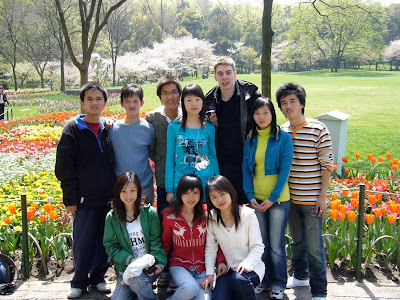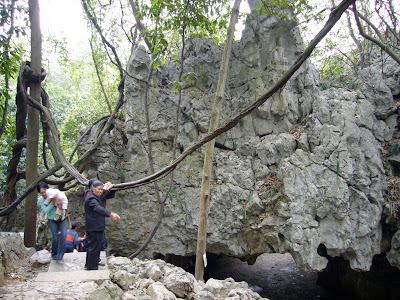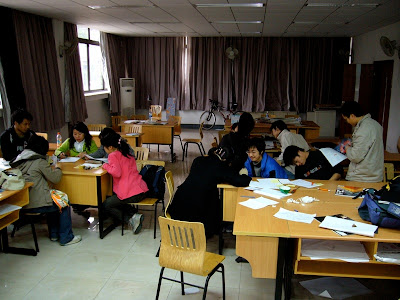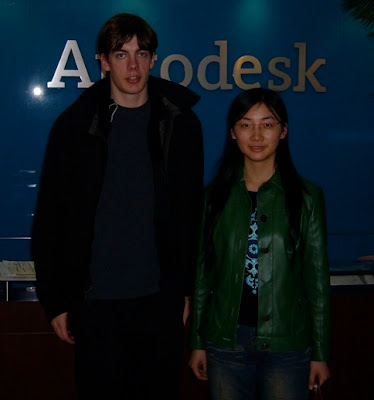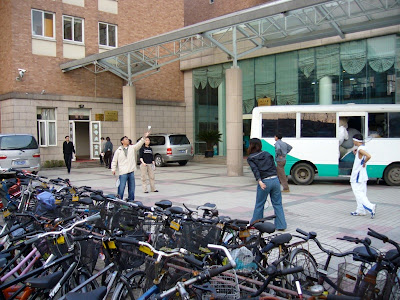Anyone who has heard of West Lake has probably heard of its beauty. But unless you have gone there and lived there for a little time, it might be hard to understand this beauty.
At night, it is no less pretty. It sits quietly reflecting area-lights and the misty sky so there is always a moving gradient of colour with long reflections of buildings and lit places on its shores. While you might think that this is a common property of metropolitan lakes, West Lake has an odd tranquility at night that seems quite unique. I think this is largely due to its size - it is not too big but not too small. It is large enough that it is not easy to see across, but small enough that you can see the other side. Also, the skies in China offer a lot more light than say, Australian skies, so even mountains on the distance are dimly outlined, making the whole scene much more contextually interesting.
During my stay, I would often go with friends to shop or eat by the lake and spent many evenings sitting or walking along its shores. They say that without West Lake, 80% of Hangzhou would die from heartbreak.
Here are a few other pictures of this nature
 |
| West Lake at Night |
